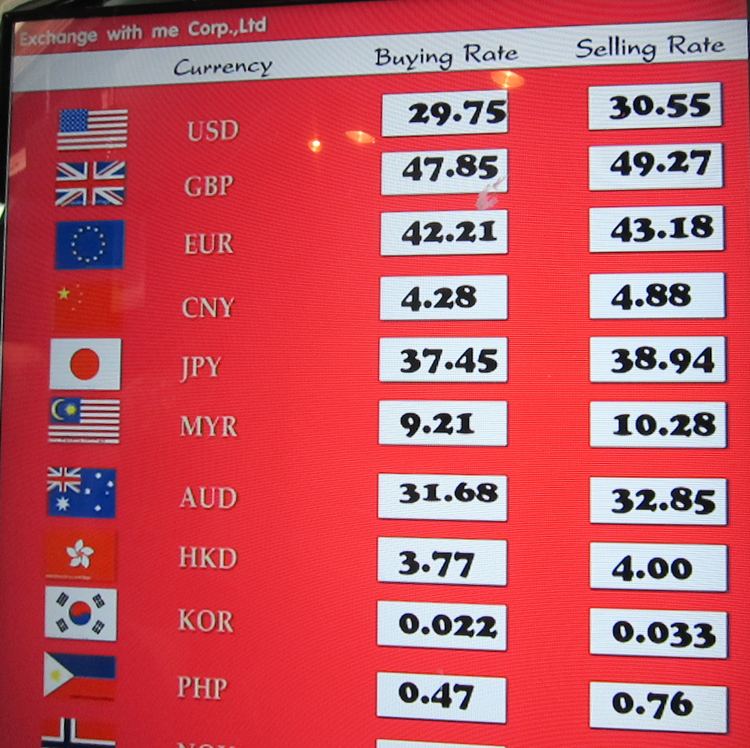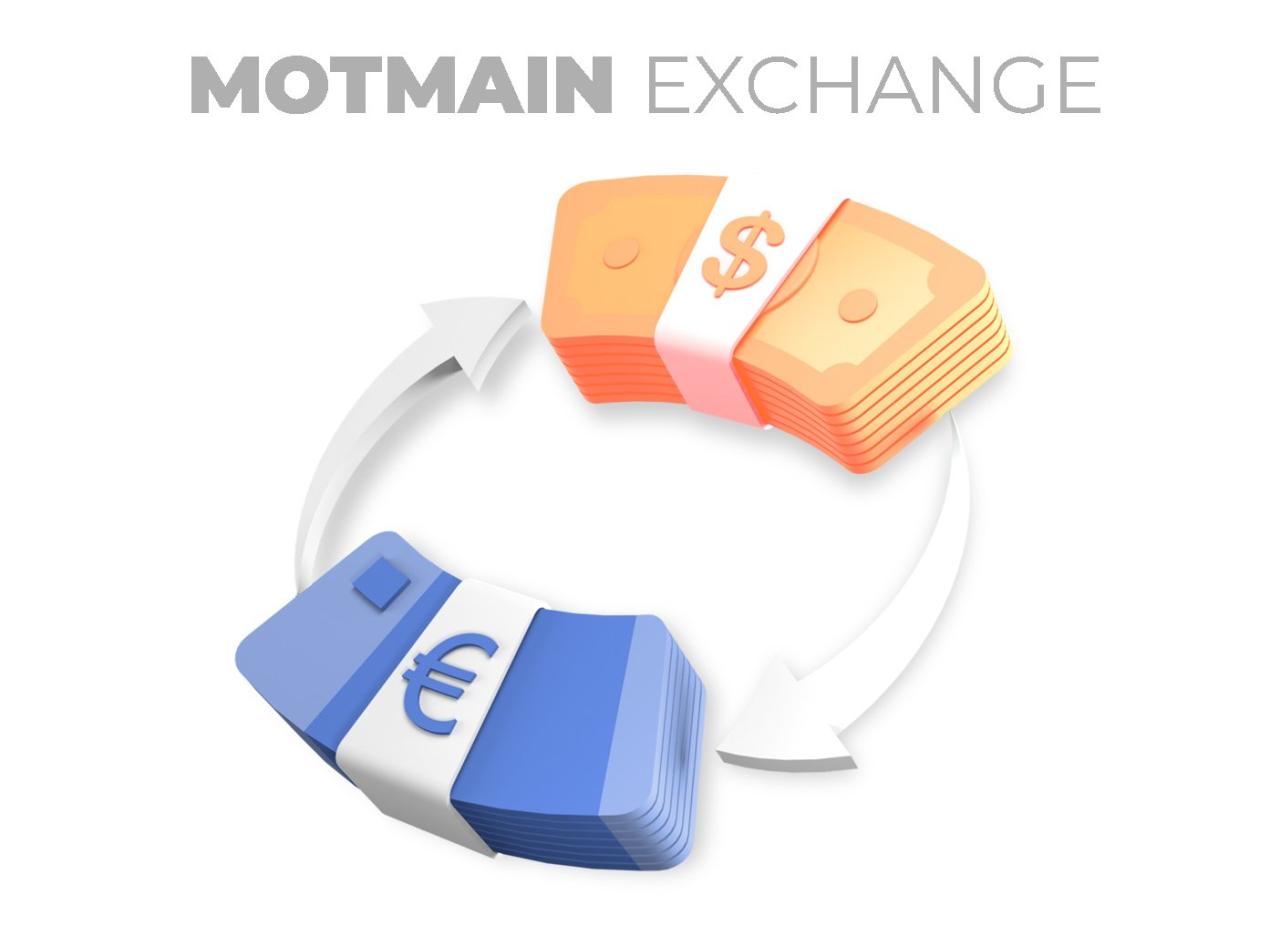
Trading forex sets the stage for an enthralling journey into the world of currency markets. This dynamic marketplace, where currencies are exchanged, offers opportunities for both experienced investors and those new to the financial landscape. From understanding the intricacies of exchange rates to navigating the complexities of trading strategies, this guide will equip you with the knowledge to confidently explore the forex market.
The forex market, the largest and most liquid financial market globally, operates 24 hours a day, five days a week. It connects buyers and sellers from around the world, facilitating the exchange of currencies for various purposes, including international trade, travel, and investment. The constant fluctuations in exchange rates create opportunities for traders to profit by predicting and capitalizing on price movements.
Risk Management in Forex Trading
In the dynamic and often unpredictable world of forex trading, risk management is not just a suggestion; it’s a crucial element for survival and success. Effective risk management strategies are essential to protect your capital and ensure long-term profitability.
The Importance of Risk Management
Risk management in forex trading is the process of identifying, assessing, and mitigating potential losses. It’s a proactive approach that aims to preserve your capital by setting limits on your exposure to market fluctuations. Without proper risk management, even a single bad trade can wipe out your entire investment.
Risk Management Techniques
Stop-Loss Orders
Stop-loss orders are automatic instructions to close a trade when the price of a currency pair reaches a predetermined level. They act as a safety net, limiting your potential losses on a trade. For example, if you buy EUR/USD at 1.1000 and set a stop-loss at 1.0950, your trade will automatically close if the price falls to 1.0950, preventing further losses.
Position Sizing
Position sizing refers to determining the appropriate amount of capital to allocate to each trade. It’s crucial to avoid overexposure, which can lead to significant losses if the market moves against your position. A common rule of thumb is to risk no more than 1-2% of your trading capital on any single trade.
Diversification
Diversification in forex trading involves spreading your risk across multiple currency pairs. This reduces the impact of any single currency pair’s volatility on your overall portfolio. For example, instead of investing all your capital in EUR/USD, you can diversify by also investing in GBP/USD, USD/JPY, and AUD/USD.
Setting Up a Risk Management Plan
- Define Your Risk Tolerance: Determine how much risk you are comfortable taking. This will influence your position sizing and stop-loss levels.
- Set Trading Goals: Establish clear trading objectives, such as profit targets and maximum acceptable losses. This helps you stay disciplined and avoid impulsive decisions.
- Choose Your Trading Strategy: Select a trading strategy that aligns with your risk tolerance and goals. Different strategies have varying risk profiles.
- Determine Position Size: Calculate the appropriate position size for each trade based on your risk tolerance and trading capital.
- Set Stop-Loss Orders: Establish stop-loss orders for every trade to limit potential losses. The stop-loss level should be based on your risk tolerance and the market’s volatility.
- Implement Diversification: Spread your risk across multiple currency pairs to mitigate the impact of any single currency pair’s volatility.
- Monitor and Adjust: Regularly review your risk management plan and make adjustments as needed based on market conditions and your trading performance.
Forex Trading Psychology

Forex trading is not just about technical analysis and market data. It’s also about understanding and managing your own psychology, as your emotions can significantly impact your trading decisions. This section explores the psychological aspects of forex trading, including emotional biases, cognitive errors, and the impact of market stress. We’ll also provide strategies for managing trading emotions and developing a disciplined trading mindset.
Emotional Biases in Forex Trading, Trading forex
Emotional biases can cloud your judgment and lead to impulsive decisions that may not be in your best interest. Here are some common emotional biases that traders often experience:
- Confirmation Bias: This is the tendency to favor information that confirms your existing beliefs and ignore or downplay evidence that contradicts them. For example, you might only focus on news articles that support your bullish outlook on a currency pair, even if there is evidence to the contrary.
- Loss Aversion: This is the tendency to feel the pain of a loss more strongly than the pleasure of an equivalent gain. This can lead to holding on to losing trades for too long, hoping for a recovery, or avoiding taking profits too quickly.
- Overconfidence Bias: This is the tendency to overestimate your abilities and knowledge. This can lead to taking on too much risk or making poor trading decisions.
- Fear of Missing Out (FOMO): This is the feeling of anxiety that you are missing out on a good opportunity. This can lead to entering trades impulsively, without proper analysis, or chasing the market.
Cognitive Errors in Forex Trading
Cognitive errors are systematic mistakes in thinking that can lead to poor trading decisions. These errors are often influenced by our emotional biases:
- Anchoring Bias: This is the tendency to rely too heavily on the first piece of information you receive, even if it’s irrelevant. For example, you might anchor your trading decisions on the price of a currency pair at the time you first started trading it, even if the market has since moved significantly.
- Availability Heuristic: This is the tendency to overestimate the likelihood of an event based on how easily you can recall examples of it. For example, if you recently experienced a losing streak, you might overestimate the likelihood of another losing streak.
- Hindsight Bias: This is the tendency to believe that you knew an event would happen after it has already occurred. This can lead to overconfidence in your trading abilities and make it difficult to learn from past mistakes.
Impact of Market Stress on Trading Psychology
The forex market is constantly fluctuating, and this volatility can create a lot of stress for traders. This stress can amplify emotional biases and cognitive errors, leading to poor trading decisions.
- Increased Anxiety: The constant pressure to make the right trading decisions can lead to anxiety and fear. This can make it difficult to focus on your trading plan and make rational decisions.
- Impulsive Decisions: When you’re stressed, you’re more likely to make impulsive decisions without thinking them through carefully. This can lead to trading mistakes and losses.
- Overtrading: Stress can also lead to overtrading, or trading more frequently than you should. This can increase your risk exposure and lead to larger losses.
Strategies for Managing Trading Emotions
Managing your trading emotions is crucial for success. Here are some strategies that can help:
- Develop a Trading Plan: A well-defined trading plan can help you stay disciplined and avoid emotional decisions. It should Artikel your trading strategy, risk management rules, and entry and exit points.
- Keep a Trading Journal: A trading journal can help you track your trades, analyze your performance, and identify patterns in your behavior. This can help you become more aware of your emotional biases and cognitive errors.
- Practice Mindfulness: Mindfulness techniques, such as meditation, can help you become more aware of your thoughts and emotions. This can help you manage stress and make more rational decisions.
- Seek Professional Help: If you’re struggling to manage your trading emotions, consider seeking professional help from a therapist or counselor.
Importance of Self-Awareness and Self-Control in Forex Trading
Self-awareness and self-control are essential for successful forex trading. By understanding your own emotional biases and cognitive errors, you can take steps to mitigate their impact on your trading decisions. Self-control is also crucial for sticking to your trading plan and avoiding impulsive decisions.
- Recognize Your Biases: The first step to managing your emotions is to recognize your own biases. This can be done by reflecting on your past trading decisions and identifying patterns in your behavior.
- Practice Discipline: Discipline is key to successful trading. It means sticking to your trading plan, even when things get tough. This can be difficult, but it’s essential for avoiding emotional decisions and minimizing losses.
- Manage Your Expectations: It’s important to manage your expectations and avoid unrealistic goals. Don’t expect to get rich quick or make huge profits overnight. Instead, focus on consistently making small profits over time.
Forex Trading Regulations and Compliance
The forex market is a global and decentralized marketplace, making it crucial to understand the regulatory landscape governing trading activities. Regulatory bodies play a vital role in ensuring fair trading practices, protecting investors, and preventing financial crime.
Licensing Requirements
Forex brokers are subject to licensing requirements by financial regulatory authorities in their jurisdictions. These licenses demonstrate that the broker meets specific criteria and standards for operating a forex trading platform. The licensing process involves rigorous checks on the broker’s financial stability, operational integrity, and compliance with regulatory rules.
Anti-Money Laundering Regulations
Forex brokers are obligated to comply with anti-money laundering (AML) regulations, which aim to prevent the use of financial systems for illicit activities. These regulations require brokers to implement Know Your Customer (KYC) procedures to verify the identity of their clients and monitor transactions for suspicious activity.
Investor Protection Measures
Regulatory bodies implement investor protection measures to safeguard the interests of traders. These measures include:
- Segregation of client funds: Brokers are required to keep client funds separate from their own operating funds, ensuring that client assets are protected in case of financial difficulties.
- Compensation schemes: Some jurisdictions have compensation schemes that provide financial compensation to investors in the event of a broker’s insolvency or fraud.
- Dispute resolution mechanisms: Regulatory bodies provide mechanisms for resolving disputes between brokers and clients, ensuring fair and impartial resolution.
Reputable Forex Brokers and Regulatory Oversight
Reputable forex brokers operate under the supervision of reputable regulatory bodies, ensuring adherence to high standards of conduct and financial stability. Some of the leading regulatory bodies include:
- Financial Conduct Authority (FCA) – UK
- National Futures Association (NFA) – USA
- Australian Securities and Investments Commission (ASIC) – Australia
- Cyprus Securities and Exchange Commission (CySEC) – Cyprus
Importance of Understanding and Complying with Regulations
Understanding and complying with forex trading regulations is essential for traders for several reasons:
- Protection of funds: Regulatory oversight helps ensure the safety of traders’ funds and reduces the risk of fraud or misconduct.
- Fair trading practices: Regulations promote fair and transparent trading practices, preventing market manipulation and ensuring a level playing field for all participants.
- Legal compliance: Non-compliance with regulations can lead to legal penalties and financial consequences for both brokers and traders.
Forex Trading Education and Resources: Trading Forex

Forex trading is a complex and dynamic market, and success requires a solid foundation of knowledge and skills. It’s essential to invest in your education and continuously learn to stay ahead of the curve.
Importance of Continuous Learning in Forex Trading
The forex market is constantly evolving, with new trends, strategies, and technologies emerging regularly. To remain competitive and profitable, it’s crucial to engage in continuous learning and skill development. This involves staying updated on market news, economic indicators, and technical analysis techniques. It also includes exploring new trading strategies, risk management techniques, and understanding the latest market trends.
Reputable Organizations and Institutions Offering Forex Trading Education
Several reputable organizations and institutions offer forex trading education and certifications. These institutions provide structured learning programs, mentorship opportunities, and access to valuable resources. Here are a few examples:
- The International Finance Corporation (IFC) offers training programs and resources for aspiring forex traders, focusing on market fundamentals, risk management, and trading strategies.
- The Forex Traders Association (FTA) provides education and networking opportunities for forex traders of all levels, offering courses, webinars, and conferences.
- The Chartered Institute for Securities & Investment (CISI) offers a range of qualifications, including the Certificate in Forex Trading, which covers the fundamentals of forex trading, market analysis, and risk management.
Recommended Educational Resources for Aspiring Forex Traders
There are numerous resources available for aspiring forex traders, including online courses, books, and webinars. These resources can provide valuable insights, strategies, and practical guidance to enhance your trading skills.
- Online Courses:
- Udemy offers a wide range of forex trading courses, covering various topics from beginner to advanced levels.
- Coursera provides online courses from reputable universities and institutions, including courses on financial markets and trading strategies.
- Babypips offers a comprehensive and free educational platform for forex traders, with tutorials, articles, and interactive tools.
- Books:
- “Trading in the Zone” by Mark Douglas: This book focuses on the psychological aspects of trading and developing a winning mindset.
- “Technical Analysis of the Financial Markets” by John Murphy: This classic text covers various technical analysis techniques and their application in forex trading.
- “The Forex Trader’s Bible” by Joseph Lee: This book provides a comprehensive guide to forex trading, covering market fundamentals, technical analysis, and trading strategies.
- Webinars:
- DailyFX offers live webinars covering various forex trading topics, including market analysis, trading strategies, and technical indicators.
- FXTM provides educational webinars led by experienced forex traders, covering market trends, technical analysis, and risk management.
- FXStreet hosts webinars on a range of forex trading topics, featuring guest speakers from the industry.
Closing Notes

Trading forex requires a deep understanding of market dynamics, strategic planning, and disciplined execution. By mastering the fundamentals, employing effective trading strategies, and implementing robust risk management practices, you can navigate the exciting world of currency trading. Remember, the forex market offers both potential rewards and inherent risks, so thorough research, continuous learning, and a responsible approach are crucial for success.
Answers to Common Questions
What is the minimum amount I need to start trading forex?
The minimum amount required to start trading forex varies depending on the broker you choose. Some brokers offer micro-lots, allowing you to trade with as little as $1. However, it’s important to remember that starting with a smaller amount may limit your potential profit but also reduce your risk exposure.
How can I learn more about forex trading?
There are numerous resources available for learning about forex trading, including online courses, books, webinars, and educational websites. Many reputable brokers also offer educational materials and tutorials to help traders of all levels. It’s essential to choose reliable and reputable sources for your forex education.
What are the risks associated with forex trading?
Forex trading carries inherent risks, including the possibility of losing your investment. Currency exchange rates are constantly fluctuating, and market conditions can change rapidly. It’s crucial to understand and manage your risk effectively to protect your capital.




